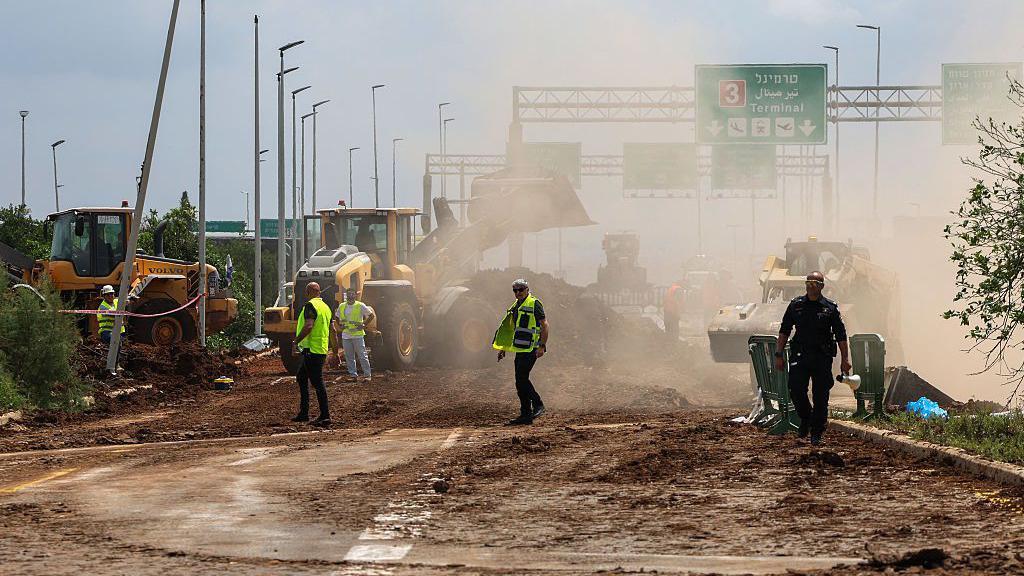Prices that insist on climbing

Prices in the real estate market in Portugal continue to break records after records and, according to the various industry officials heard by the sunrise, the tendency is to continue, along with a high demand, both to buy and lease.
And this is visible by Banco de Portugal’s own warnings by recently admitting that the demand for housing credit is increasing. According to the inquiry to banks on the credit market, ‘the general level of interest rates, the regulatory and tax regime of the housing market and, to a lesser extent, consumer confidence contributed to increased demand’.
And the numbers speak for themselves. In March, home purchase loans grew 5.4% over the same month of 2024, recording ‘the highest annual variation rate since September 2008’, according to the latest data released by the regulator.
The institution led by Mario Centeno also says that ‘the housing loan stock increased by 908 million euros in relation to February, totaling 104.4 billion euros in late March. This is the highest accumulated amount since May 2014.
« At the end of March, there were 1.96 million housing credit debtors, more 2476 debtors than in the previous month, » he said.
Admittedly, measures directed to young people to buy home gave a new ‘push’ to this market. This is the case of public guarantee – the State can grant a personal guarantee to credit institutions with a view to making your own and permanent housing credit viability, for young people up to 35 years – in which this modality already represents 55% of new loan operations for housing purchase.
A ‘novelty’ that will also have contributed to the values of real estate in Portugal. According to the latest data from Imovirtual, the average housing sales price in Lisbon exceeded, for the first time, the 600 thousand euros, already nationwide, the average price of sale was located at 397 thousand, 20% more than a year and 2% above the amount recorded in March. In the northern region, the average sales price was 241,250 euros, growing 14% in homologous terms and 4% over the previous month. Porto remained the most expensive district of the region, with an average value of 389,900 euros (+18% in a year). Aveiro also stood out with a 17%appreciation, settling in the 339,675 euros.
Admittedly, these values require a financial effort on the part of those who buy. According to the idealist, the price of a two -bedroom housing in Portugal is more than 15 years of all income from a family. « The median price of a property with these characteristics is 270,789 euros, which represents 15.7 times the 17,297 euros of annual net performance of families, » he says.
Another study of real estate confidential reveals that in the 1st quarter, the sale prices of homes in mainland Portugal increased 6.6% compared to the end of 2024, registering the largest quarterly rise since 2007. And adds: “The rapping of prices continues to reflect the high search dynamic, which is confirmed once again in the 1st quarter of 2025, the period estimated the sale of 40.750 housing on the 40.750 housing country », stating that » this is a volume that keeps the market to transact above 40,000 units, although 5% below the level observed in the previous quarter. In this quarter, 43,100 transactions were counted, a peak that includes sales that had been postponed, for example the result of measures such as public warranty.
And in view of this scenario, the report concludes that “the 1st quarter of 2025 remains in line with the standard registered in the 4th quarter of 2024 and supports the same market growth level around 25%. In fact, sales estimates for the 1st quarter of 2025 point to an increase of 28% of the number of transactional housing compared to the same -year quarter ».
Rent with high prices
The news is not more encouraging for those looking for a home to lease. Portugal is currently the fifth country of the European Union with the highest percentage of tenants in financial overload. In 2024, more than 30% of Portuguese families who leased home allocated more than 40% of their income available to the payment of housing, including income and other associated expenses.
A scenario recognized at the sunrise by the secretary general of the Lisbonian tenant association. «There is no zone that escapes the rising prices of income. And if there is only one house to lease then go to those who pay more. We must not forget that housing prices were pressured by the Gold Visa programs and especially non -habitual residents, both in relation to the lace and in relation to the purchase, ”says António Machado (see interview on page 34).
António Frias Marques, president of the National Association of Owners, justifies these prices with the fact that the economy flows. « Things are already expensive in themselves, » but it rules out responsibilities on the sides of the landlords. “For a few years now all governments have had the ability to convey the burden of this responsibility to the private ones who own a home or building and lease houses. They can deceive who they want, but we know perfectly perfectly that it gives 20 or 30 years that there is no social housing and also the cooperatives have been naive, ”he says to our newspaper (see interview on page 35).

But although the market continues to present high values (see infographics), according to the idealist, the offer of housing in the lease increased 49% between the beginning of 2025 and the same period of 2024, noting that this rise can have two interpretations: «On the one hand, owners may be more attracted to monetize their properties in lease. And, on the other hand, the pressure of the demand for homes to lease has decreased, since the purchase of housing has become more interesting in the face of interest and tax incentives, as well as high prices of income.
And out there?
This crisis in the real estate sector is not only in Portugal. There are several countries to face the same problems and there are those who choose to tighten the siege of foreign buyers. Incidentally, European Central Bank economists have recently admitted that they expect housing prices in the eurozone to continue to rise rapidly, as searching has recovered when they lowered their interest rates.
And as such, they predict that housing prices in the euro zone continue to rise because supply is limited and demand is healthy. However, they recognize that this increase in housing prices is not healthy for the perspectives of the economy as a whole.
Spain is one of the affected countries, where citizens’ movements have pointed out the uncontrolled tourism model and real estate speculation as responsible.
A crisis that has led to an increase in illegal occupation complaints that has been firing in the last, leaving the owners of legs and hands tied. At birth, António Frias Marques, recognizes that this movement has been increasing in Portugal, especially on the south bank of Lisbon. «The cases we have had knowledge are all on the south bank of the Tagus. This is the case Cacilhas, Charneca da Caparica and so on these sides. Police want to identify them, but they can’t either because they don’t have a citizen card or even open the door, ”he says.
Also the housing crisis in Berlin has reached alarming levels and has led residents of the German capital to adopt strategies, namely the direct exchange of houses between tenants. Known with a kind of real estate resting on specialized sites that connect tenants with compatible profiles, where the right pair is for an exchange.
Already Australia, from early April and for two years, foreign investors are prevented from buying homes in the country, a measure to respond to the increase in property prices. According to the Australian government, the restriction will be revised in March 2027, when the two -year ban ending, for the executive to determine whether it should be prolonged. And to add to these there are many more cases.






